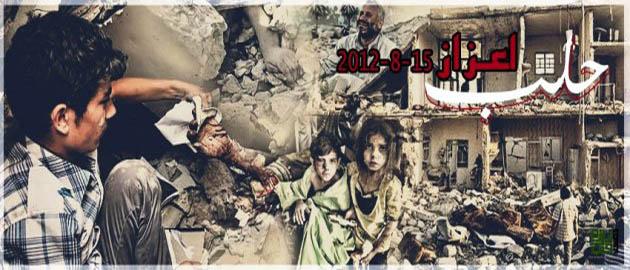Czech customs officials detain 15 Syrian refugees at Rozvadov

Fifteen Syrian refugees were discovered by Czech customs officials from Plzeň on Friday at around 8 PM when they checked a Hungarian van at the Rozvadov border crossing. The refugees were heading to Germany on the D5 highway.
Jitka Blahutová, spokesperson for the Plzeň Regional Customs Office, said the refugees were found by a routine inspection patrol supervising the automobile crossing over the state border. The driver of the van with Hungarian plates said he was not transporting either alcohol or cigarettes.
"He was transporting 15 men from Syria in a space about 1.5 meters square in the back of the van. None of them had any identification," Blahutová said.
Today all of the refugees are in a facility for the detention of foreign nationals at Bělá Jezová. They are waiting to be handed over to the Slovak authorities, as they entered the Czech Republic from Slovakia.
Police released the driver after interrogating him. The Czech News Agency reports that the Aliens Police is addressing the foreigners’ unauthorized entrance into and stay on Czech territory and will be handing them over to Slovakia per international treaties; that country must now respond and should take the refugees within 20 days.
Should the refugees be returned to Slovakia, police there will proceed according to the legal norms and decisions in effect. The driver of the KIA van told customs officials he was travelling from Hungary to Germany.
"He was a 37-year-old foreigner," Hana Kroftová, spokesperson for the Regional Police, told the press. The driver was interrogated after the detention.
"On the basis of instructions from the state prosecutor he was released because, since he never crossed the outer border of the Schengen area with the foreign nationals, he had not committed the crime of smuggling," Kroftová said. Around 3 million people have fled the ongoing war in Syria to date, the vast majority of whom are in countries immediately adjacent to Syria.
The European Union has only received approximately 4 % of those refugees, and international organizations are pressuring the EU to provide them more aid. The Czech Republic is one of the EU Member States that rejects centrally-established quotas for the receipt of refugees and is very skeptical about the option of receiving a higher number of Syrians.
In January the Czech Government approved the reception of 15 ill Syrian children and their families. Critics consider that decision to have been correct one, but are warning nevertheless that it must not become a mere gesture made by the Czech Republic to buy its way out of providing more aid.